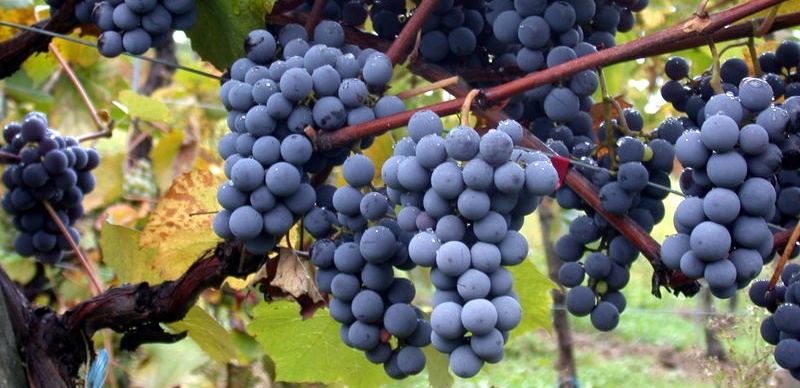Never heard of Marselan? Not a problem! Marselan is actually a relatively new French grape on the (wine) block – so, no one will fault you for not knowing much, if anything, about it.
Created in breeding experiments back in 1961, Marselan calls the Languedoc and Provence regions of south France home, but has already rooted in Uruguay, Israel, Spain, Brazil, Romania, and China. Its name comes from the town where the breeding occurred – Marseillan, France – with the objective being the creation of a high yielding, large berried grape. It didn’t work. Instead, they produced a low yield, disease resistant grape that still somehow in the annals of history found some inkling of a second chance at life after previously being written off. This was due to the desirability of low yield grape varieties that rose to fame through the 20th century. Because of this, and the disease resistance, the French revisited this grape and officially became commercially available in 1990.
The grape itself is a cross between two very highly regarded grapes (both in France and around the globe): Grenache and Cabernet Sauvignon. The product of this grape when vinified has great extraction, medium-bodied weight, fine tannins, and cherry/cassis flavor and aroma characters. It has been said however, those looking to Marselan to find the next “Cab” will be disappointed – it does not carry the sought after Cab-like aspects, but instead leans a bit more Grenache-like, however, it does appear to have great potential to age, mostly due to Cab being a parent grape.
The grape finds some acclaim in China due to the Hebei province’s Sino-French Demonstration Vineyard (a collaborative French and Chinese government project in China geared towards piquing interest in French winemaking techniques) and is planted alongside Cabernet Sauvignon and Merlot.
Speaking of Cab and Merlot, Marselan is legally permitted for growth and blending usage in both Bordeaux and Bordeaux Superieur on a minimal basis (we’re talking maxed out at something like 5-10%). The inclusion of this grape in Bordeaux is a part of an ongoing effort to counteract the effects of climate change on the wines of the region in an effort to keep the regional esteem high at a global level, and sees Marselan alongside other obscure grapes like Petit Manseng, Touriga Nacional, and Albariño, just to name a few you may have heard of (there are others you probably have not).
So, on this day, hit the interwebz and try and snag a bottle to try for yourself – and see what you think – of Marselan (just don’t expect it to taste like Cab, you’ll be a bit bummed out with that expectation). On our online hunt, we found bottles ranging in the $8-45 range, so it shouldn’t be too hard to find for an attractive price if this is your first time experimenting with trying this varietal wine.
Cheers!

